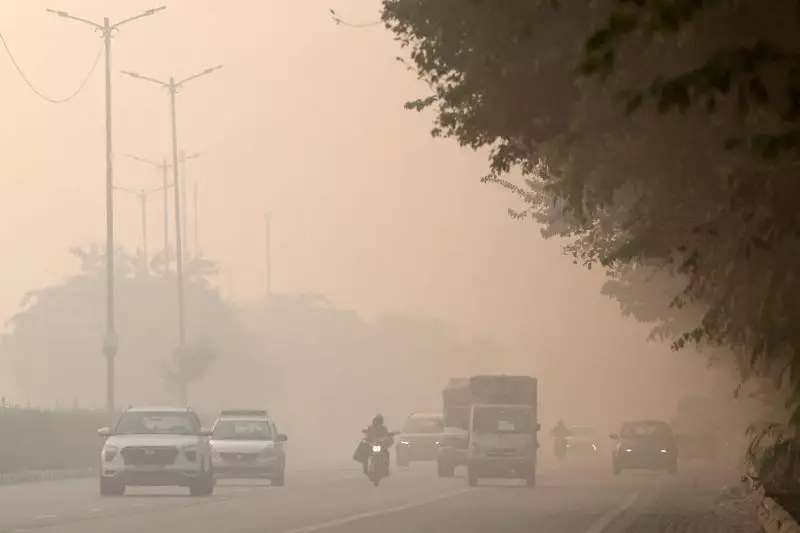
Delhi's air quality has taken a dangerous turn, plunging into the severe category for the first time this year, according to recent monitoring data. The alarming deterioration has triggered immediate responses from authorities and raised significant health concerns among residents.
Alarming Spike in Pollution Levels
The capital city witnessed a dramatic worsening of air conditions on Thursday, with the Air Quality Index (AQI) reaching 404, firmly placing it in the severe category. This marks the first severe air quality day of 2024, coming much earlier than anticipated by environmental experts.
Monitoring stations across the city recorded consistently poor readings throughout the day. The System of Air Quality and Weather Forecasting and Research (SAFAR) reported that the overall Delhi AQI had deteriorated significantly from previous days, indicating a rapid escalation of pollution levels.
Immediate Government Response and Measures
In response to the critical situation, the Commission for Air Quality Management (CAQM) has activated Stage III of the Graded Response Action Plan (GRAP). This decisive action comes under the central government's pollution control framework designed to combat deteriorating air quality.
The implementation of Stage III measures includes several critical restrictions. Construction and demolition activities have been banned across the entire National Capital Region, with exceptions only for essential government projects. The ban specifically targets non-essential construction work that contributes significantly to particulate matter pollution.
Additionally, authorities have intensified enforcement of pollution control measures across industrial and transportation sectors. The CAQM has directed implementing agencies to maintain strict vigilance and take appropriate actions to prevent further deterioration of air quality.
Health Implications and Public Advisory
Medical experts have issued urgent health warnings following the AQI reaching severe levels. Doctors advise that prolonged exposure to such polluted air can cause serious health complications, particularly for vulnerable groups including children, elderly citizens, and individuals with pre-existing respiratory conditions.
Healthcare professionals recommend several protective measures for residents:
- Avoid outdoor physical activities, especially during morning and evening hours
- Wear N95 or equivalent masks when going outside
- Keep windows closed and use air purifiers indoors
- Stay hydrated and monitor for symptoms of respiratory distress
The early onset of severe air quality conditions has raised concerns among environmental specialists, who typically expect such deterioration later in the winter season. This development suggests that multiple factors, including meteorological conditions and persistent pollution sources, have converged to create the current crisis.
Authorities continue to monitor the situation closely, with the CAQM prepared to implement more stringent measures if air quality shows no signs of improvement in the coming days. The commission has emphasized the importance of collective action and public cooperation in addressing the air quality emergency.





